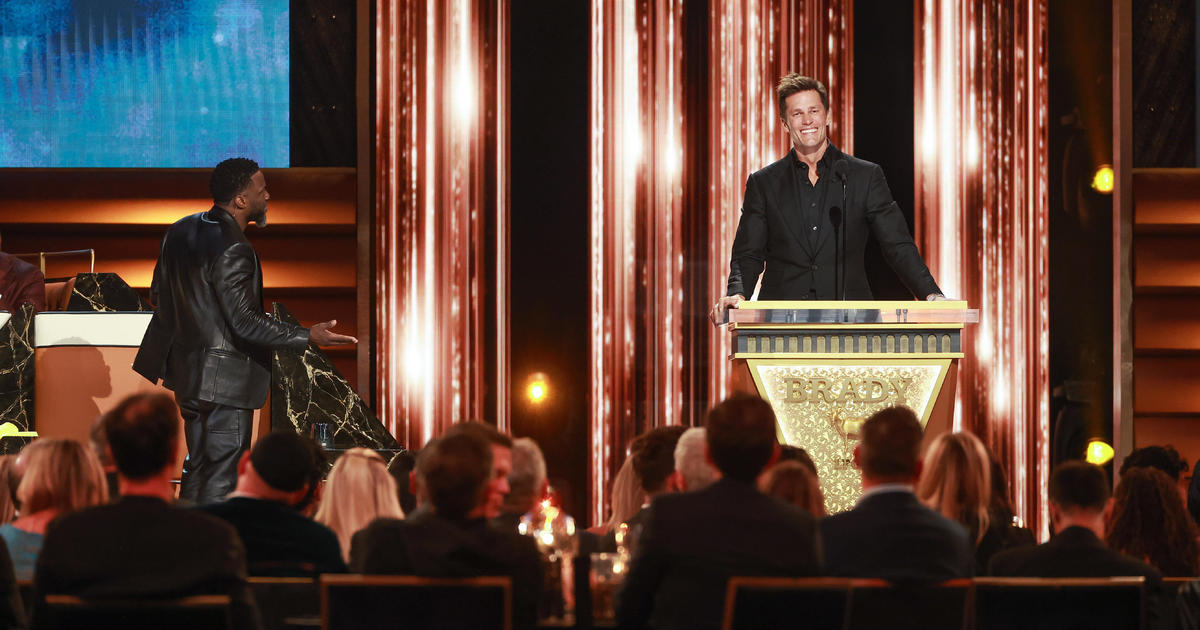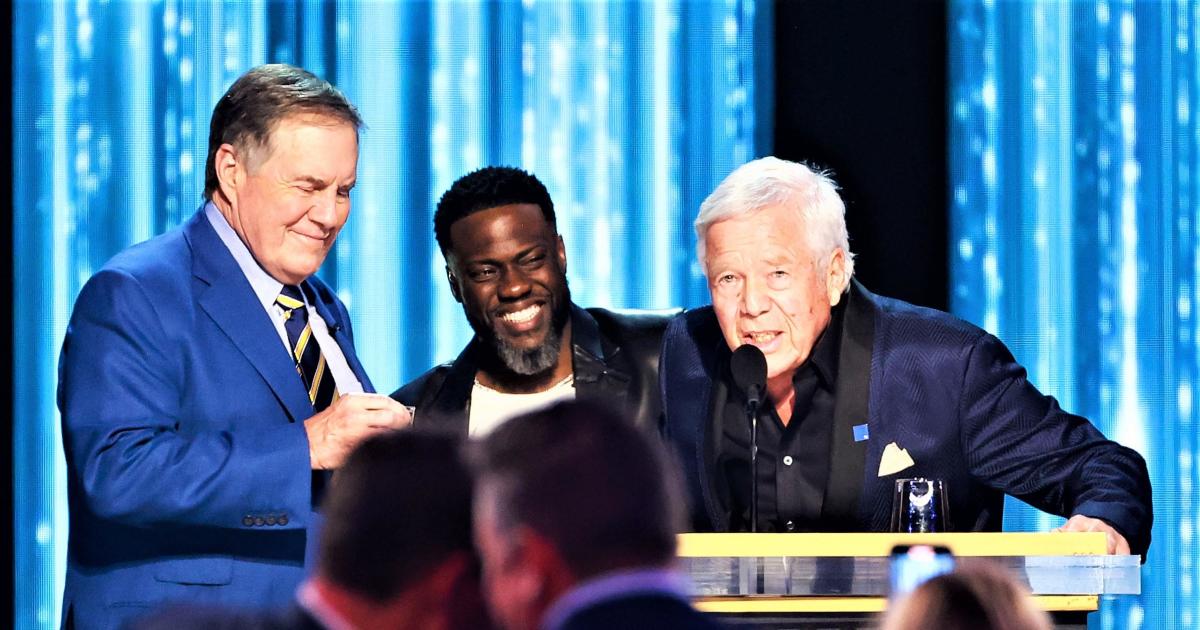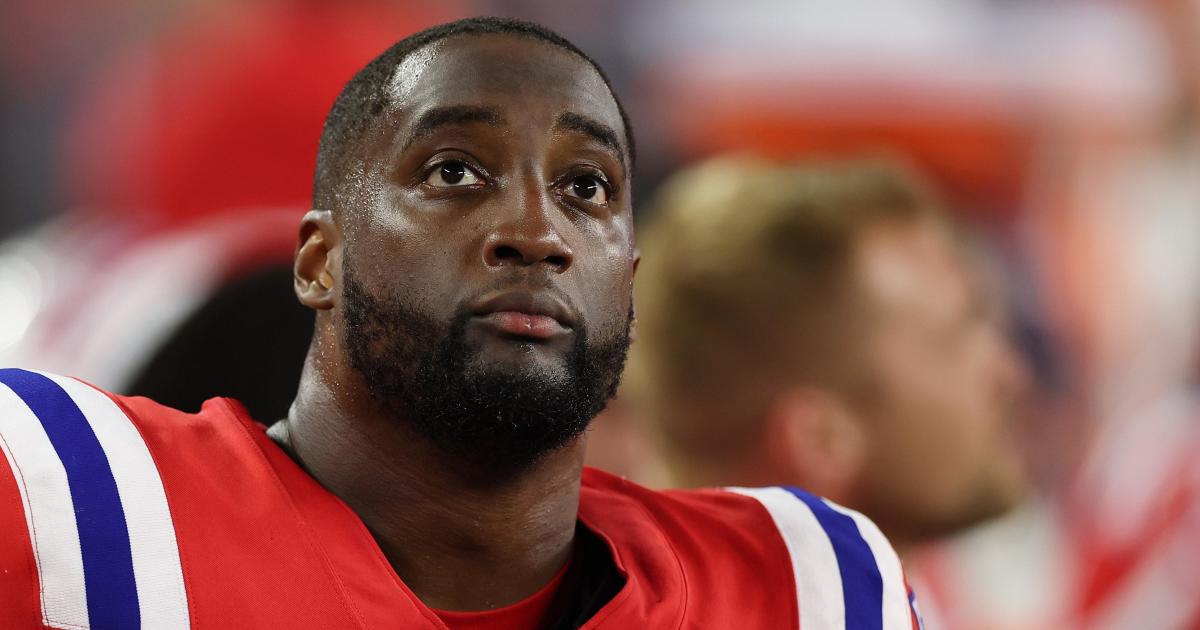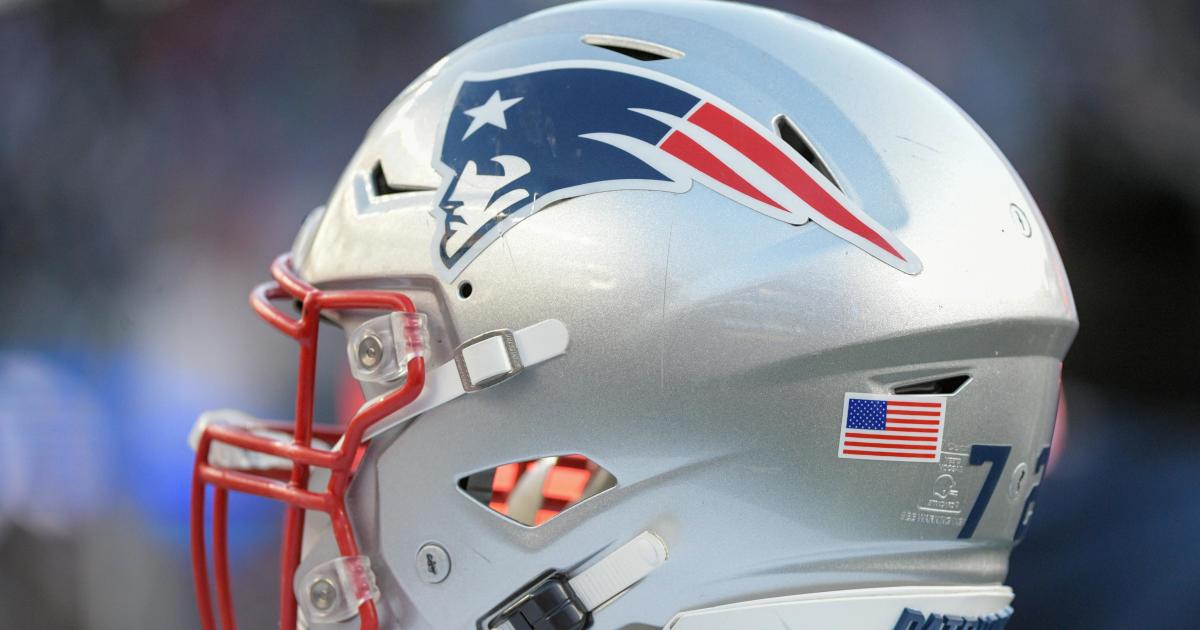Report: Separate Arbitration Ruling Hurts NFL's DeflateGate Case Against Tom Brady
By Michael Hurley, CBS Boston
BOSTON (CBS) -- On Monday, the NFL celebrated a major victory when arbitrator Jonathan Marks ruled that commissioner Roger Goodell is acting within his rights when he places a player on the commissioner's exempt list for violating the league's Personal Conduct Policy.
Yet while it may have been a victory in one battle, it may prove catastrophic in the DeflateGate war.
As Pro Football Talk's Mike Florio explained, one ruling in particular from Marks can be applied directly to the league's 15-month crusade against Tom Brady.
"I find that the Article 46.1(a) 'action' that is embodied in the notice to a player and that will be at issue in the Article 46.2(a) appeal (heard either by a hearing officer or the Commissioner himself) must be an 'action' of the Commissioner," Marks wrote. "... [T]here is no basis either in the contractual documents or the past practices of the Parties to conclude that the Commissioner may completely delegate to a disciplinary officer or anyone else the ultimate pre-notice, conduct-detrimental-related decision-making authority contemplated by the CBA's mandate that the notice to a player embody 'his [the Commissioner's] action.'"
As it applies to the Brady case, this ruling would state that it was improper for Goodell to delegate his powers to NFL executive VP of football operations Troy Vincent.
Though Goodell has managed to juke-step his way around an evolving narrative of the truth throughout the DeflateGate debacle, he will unfortunately not be able to erase the initial announcement of the punishment, which stated on the record that he did in fact empower Vincent to determine the punishment for Brady before "authorizing" it himself.
The initial statement from the NFL on the punishment on May 11, 2015, said: "Commissioner Goodell authorized the discipline that was imposed by NFL Executive President Troy Vincent."
The reason Goodell had Vincent "impose" the discipline was clear: the commissioner wanted to serve as the arbitrator at the inevitable appeal hearing, because actual independent arbitrators had ruled against him too many times in recent cases, and that's a role he could not play if he were to be ruling on his own ruling. So, by delegating the power to Vincent, Goodell remained "impartial" in the process.
However, the NFLPA being well aware of the CBA, immediately noted that this was not proper. The NFLPA wrote a letter to Vincent just days after the ruling and stated in plain terms.
On May 15, the NFLPA wrote to Vincent: "You have no authority to impose discipline on Mr. Brady under the CBA, and such discipline must therefore be set aside."
And so, the NFL's story started to change.
On May 20, Goodell said: "Our staff -- led by Troy Vincent, who handles these matters on a regular basis and has all spring -- immediately began meetings. I participated in some of those meetings so I understood the discussion that they were having. Troy made a recommendation. I authorized him to go ahead and issue that as I do in every other case."
On June 23, after Jeffrey Kessler noted that the NFL had ruled that questions about delegating powers would not be allowed, and in a hearing when questioning of the commissioner himself was not allowed (because he was presiding over the hearing as arbitrator), Vincent said this: "The Commissioner [imposed discipline]. We made recommendations to our unit."
Alas, those later statements can't erase the initial ruling. Delegating that power is something he was not supposed to do, and so the entire process -- which included "neutral" party Goodell serving as the arbitrator in the appeal hearing -- stands on shaky ground.
Of course, an arbitrator can't turn back the hands of time and force the NFL to re-do the disciplinary process. Yet, as Florio noted, if the Brady case gets sent back to Judge Richard Berman, or even if the Second Circuit judges decide to tackle this issue, it figures to bolster the case of Tom Brady and the NFL.
It's especially helpful to Brady if the case is remanded back to Berman's court, because the judge seemed to have left himself some "wiggle room," so to speak, in the event that the NFL was successful in its appeal.
While ruling thoroughly on three separate issues, Berman stated at the end of his 40-page ruling that he simply passed on the option to rule on three other claims by Brady and the NFLPA. The first of those involved the delegation of power.
Berman wrote: "The Court does not reach Brady's other claims, which include the following: a) Brady argues that Commissioner Goodell was 'evidently partial' ... contending, among other things, that 'a central ground of [his] appeal was the issue of Goodell improperly delegating to Vincent his exclusive authority to discipline players for conduct detrimental to the NFL.'"
It's always been interesting, too, that the NFL's case in Judge Berman's court centered mainly on Article 46 of the CBA, and the broad powers it gave to Goodell in a disciplinary role. Yet in Berman's final ruling, he used Article 46 to support the NFLPA's case, stating, "NFL precedent demonstrates that, in Article 46 arbitration appeals, players must be afforded the opportunity to confront their investigators."
Considering Berman used Article 46 to favor Brady's side over the NFL's last year, it stands to reason that the latest ruling will only reinforce that judgment.
While the prospect of the senseless case extending for many more months and interfering with another NFL season might be unfathomable to most reasonable human beings, the detail discovered by Florio nevertheless figures to play a potentially pivotal role in the case that just won't die.
You can email Michael Hurley or find him on Twitter @michaelFhurley.



